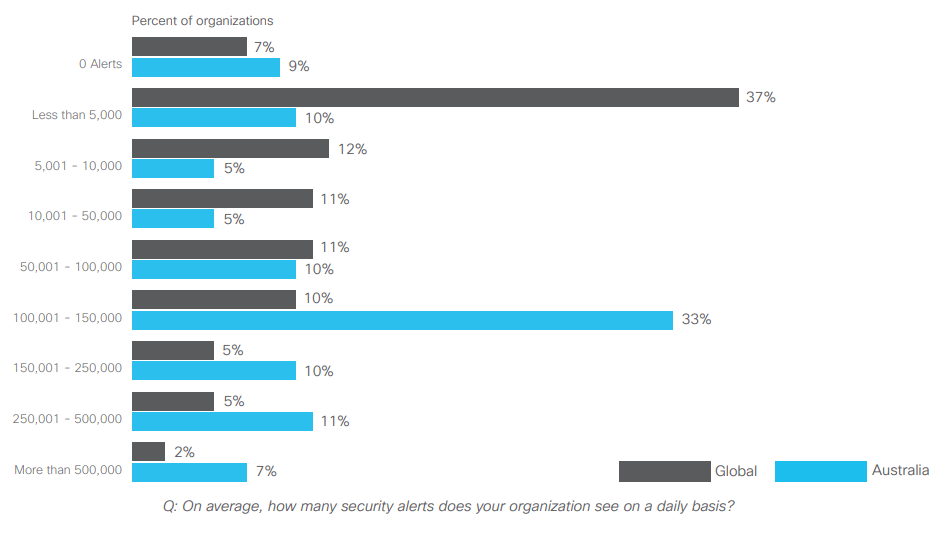
Budweiser sets up shop in Israel. Source: Shutterstock
Budweiser’s parent company sets up a new cybersecurity hub
CYBERSECURITY is a big challenge for companies across the world — and some of the bigger companies are facing new challenges every day as growing volumes of data and an ever-increasing attack surface creates create more complexities.
Budweiser’s parent company Anheuser-Busch InBev (AB InBev) is one such company.
According to AB InBev’s Global Security and Compliance Vice President Luis Veronesi, the company and the entire industry have been facing increased cyberattacks, ranging from “financially motivated” hacks to attempts at disrupting operations.
“With increasing digitalization, we have to be prepared to defend against anything coming,” Veronesi told Reuters.
In response to the high-risk cybersecurity challenges AB InBev faces today, the company announced that it will be investing in establishing a new cybersecurity hub in Israel.
The multinational drink and brewing holdings company with more than US$54 billion in revenues and about 500 brands such as Budweiser, Corona, and Stella Artois under its umbrella, is making a smart move given its rapidly accelerating digital transformation agenda.
Forbes’ Maribel Lopez recently explored AB InBev’s digital projects and found that the company relies heavily on the cloud and on artificial intelligence (AI).
Given the company’s circumstances, its focus on the cloud and AI is understandable. It has access to plenty of data from its plants, distribution network, and supply chain partners, all of which can really help it optimize business strategy for a smarter, more intelligent future.
“The world changed around us. At one point, sales were dictated by how fast a salesperson could drive a motorcycle between locations. Today, AB InBev needs to digitize all aspects of its business to be successful,” AB InBev’s Global Solutions VP Tassilo Festetics told Forbes.
The truth is, more companies need to think like AB InBev — especially larger enterprises that not only face more financial risks as a result of cyberattacks on their systems but also face regulatory and reputational risks as a result of the phenomenal amount of customer data they collect.
In the APAC, especially in countries such as Australia, Vietnam, and Malaysia, cybersecurity is a growing concern.
In fact, 81 percent of Australian companies are facing more than 5,000 threats per day — and 33 percent see anywhere between 100,000 to 150,000 threats per day. In comparison, 37 percent of companies across the world face 5000 or less cyber threats per day, whereas only 10 percent face between 100,000 to 150,000 daily threats.

The number of daily cybersecurity alerts in Australia. Source: Cisco
Fortunately, it’s not just the businesses in the APAC that are taking steps to protect their digital infrastructure, but also the government that is providing support via various initiatives.
In Australia, for example, the Australian Signals Directorate (ASD) set up the Australian Cyber Security Centre (ACSC) which has made significant efforts to not only help SMEs understand cybersecurity but also created a 182-page document that offers advice on (almost) everything — from email and network management, to detecting, managing, and reporting cybersecurity incidents, to outsourcing IT and cloud services.
Singapore’s Infocomm Media Development Authority (IMDA), on the other hand, is working aggressively to set a baseline for IoT security in the country — with the understanding that the growth of IoT will increase the attack surface for most businesses and even the city (as a smart city project overall).
At the end of the day, the reality is, cybersecurity needs to be an ongoing effort that runs parallel to a company’s digital transformation efforts. Failing to recognize this can significantly damage an organization.
More businesses, therefore, must follow in AB InBev’s footsteps and work on insulating their business, its network, and the corporate infrastructure from cyberattacks.
READ MORE
- Aviation giant Airbus turns to chatbots to engage top talent
- In the digital economy, MoneyGram focuses on getting the basics right
- How FedEx uses technology to delight customers in the digital era
- FedEx Express/Ground collaboration will improve last-mile delivery
- Growth is fabulous: Why Foodpanda’s app and team are growing rapidly






